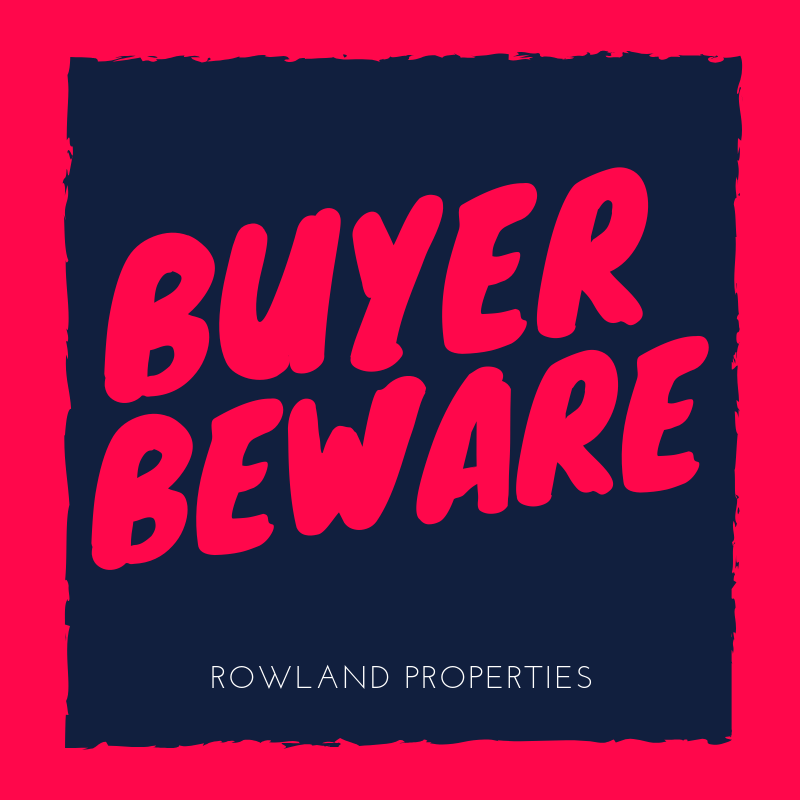
Online fraud is on the rise, and the real estate market is not immune to be attacked. One of the most common scams is buyer wire bank fraud. The buyer typically gets an email stating wiring instructions, but the wire transfer goes to an offshore account, and the scammers spoofed an email, so it makes it look official.
Here are some stats:
- The real estate industry had the second most malware events in any other industry. (Stats from 2018)
- A 12% increase year-over-year for mortgage fraud risk.
- 45% of the loans investigated for mortgage fraud were due to income fraud.
- Victims of wire fraud have had to cancel transactions, and many have lost up to six-figure monies.
In recent news in real estate fraud, a man posed as a real estate agent and was able to scam people for pricey rental fees. The man would scour Zillow, Trulia, Hotpads.com, and Craigslist for properties. He would bypass MLS and would learn about rental properties that were available for rent. He would then post a fraudulent listing on the previous websites. A potential tenant would show interest in the property, and he would charge a brokers fee anywhere from $1,800 to $2,300. And once the tenants requested access to the property, he would disappear, and the tenants lost their money.
Here are some tips to avoid rental scams online.
If it’s too good to be true, it most likely is. Way below-market rental rates or home sales price should be a warning that you do not have all the relevant information on the property. The goal of the scammer is to have you contact them and then for you to share your credit card information, social security, or other personal information.
Be critical to emails you receive: overseas emails, especially emails from overseas. And the scams are not just targeted to buyers/renters but also landlords. The scammers will pose that they work for a reputable company and are moving to the U.S. One example of a typical scam is the renter will send a cashiers check for a larger amount than due. The landlord will deposit it and send the excess funds to the tenant or another person. But days after their bank notifies the landlord that the cashier’s check was a fake and they owe the bank that money.
Also, be on the lookout for poorly written emails as that can also be a red flag that the sender is a scammer.
Make sure the property you are trying to rent/buy is legitimately for rent or sale. There are many vacant homes due to foreclosures and with that comes a large market for scammers. The scammer will find a bank-owned home that has been vacant and will break into the house, even changing the locks of the home. Then they will lease out a property they do not own. And the scam comes to an end when the tenants are served with papers of trespassing.


